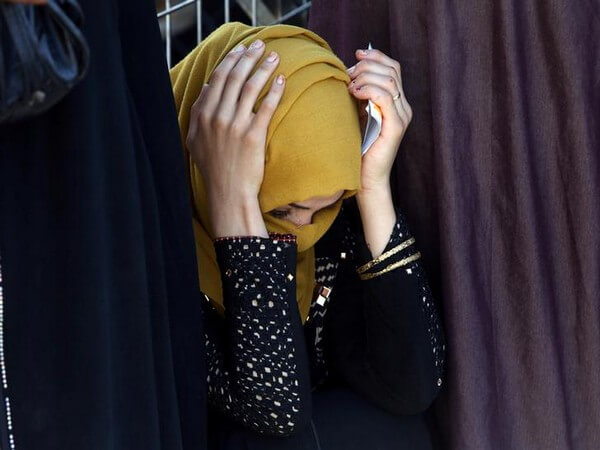
The Battle Within Islamists – Militant Vs Institutional

Islamists in the Muslim world have remained in conflict, as there is no consensus within the Muslim world on the ideal political system. So political Islam remained in trouble for centuries as politicians, Islamists, dictators, authoritarian rulers and hybrid regimes kept justifying their power using religion.
Muslim states and societies could not craft a transparent and accountable political system, that largely divided societies into militant and institutional Islamists. Unfinished disputes, be it in Kashmir or Palestine, created a perception that Muslims are not getting a fair deal in the post-World War II nation-state system. Mostly unelected Muslim leaders created this perception that the non-Muslim Christian world wants to control the Muslim world. So conspiratorial theories were sketched by Islamists which then radicalized the Muslim population.
Militant Islamists and institutional Islamists are terms that are largely confused with and used interchangeably in the Western world and even in the Muslim world at times. Militant Islamists are those who believe in having power through force and violent means like al-Qaida, Islamic State, Afghan Taliban, TTP, and many others. Whereas institutional Islamists are those who believe to bring political reforms through the constitutional framework and legal democratic process.
Both groups of Islamists at times have same goals to achieve, but their methods to achieve the objectives are different. Militant Islamists are extremists who disobey their government and violate national and international laws for achieving their self-designed political and religious goals.
The majority of these militant Islamists were first institutional Islamists. They left their peaceful and democratic struggle because they believed that the democratic changes are slow and their realized reforms in the political system through democratic means may not be supported at a large scale. Sometimes institutional Islamists promised to bring Islamic sharia and they kept delivering this promise, even while knowing these promises will not translate into actual reality because of the lack of an electoral majority. This made militant Islamists more aggressive as they did not see any hope in the democratic process and electioneering process.
Post 9/11 securitization of the United States, triggered a generational struggle of the country against Islamic extremist groups. The global chessboard got changed and the definition of security was redefined where the United States framed its values as universal principles. No one was prepared for the new global security architecture which changed the entire global system. System-level changes always affect nation-states and non-state actors. Systemic changes in the international system were directed at the militant Islamists who challenged the United States and its allies who promised liberal world order.
The war on this was started by the United States along Pakistan’s border with Afghanistan. UN Security Council resolutions 1267, 1989, 2253 initiated were concerning Al-Qaida in Afghanistan and later on against Islamic State of Iraq and Levant (ISIL) in the Middle East. In this global struggle against religious Islamic militants, started by the United States and its allies also initiated major political and ideological debates within Muslim states who supported Islamists.
States and their leaderships had to see difficult times by distancing themselves and the population from the discourse of militants. Muslim states had to redefine concepts like Muslim Ummah, Nationalism, Nation-State system, and Jihad because of domestic compulsions and international pressure. Uncertainty and the absence of a uniform understanding of these topics polarized Muslim societies. Confusions on the above discussions gave birth to militant Islamists and minds of hostilities against Western powers.
Institutional Islamists enjoyed large public support by creating a hostile environment where people started following their ideas, that injustice with Muslims is a systemic campaign of Western states. But in the last twenty years, militant Islamists went on the back foot and lost political, ideological, and financial support from Muslim states and societies. Islamic states funded billions of dollars projects for promoting Muslim sects in other countries to enhance their political capital.
States made their masses aware of debates that were wrongly projected towards Muslim communities. Ideas like Muslim Ummah which is a Quranic concept have been redefined in the last two decades from Muslim countries’ perspectives. Earlier Islamic groups, militants, freedom fighters, and religious leaders collectively explained the concept of Ummah which was more for personal needs rather needs of Muslim communities. The idea of Muslim Ummah first spread among the Indian Muslims by the 19th century when Pan Islamists who were inspired from the Ottoman Empire spread this concept.
The idea of Muslim Ummah weakened the idea of Pakistan and other nation-states which were sovereign in nature. But ever since the war against terrorism started, the state got a central position in the international system to redefine Ummah. So now militant Islamists had to accept and go with this approach as even the Afghan Taliban do not support any militant struggle in other Islamic and non-Islamic countries knowing the new reality of the international system. Militant Islamists are changing in modern state apparatus and realizing new realities of global order.
Jihad, which was one of the most central principles among militant Islamists saw a new definition, as the state changed its behavior towards the use of violence. Muslim states have made it clear now that the monopoly over violence is with the state. This has made militant groups vulnerable and their idea of the use of violence is no more a large-scale selling commodity.
So even the Afghan Taliban who has control over the state do not subscribe to this theory that Jihad can be waged in other countries. Afghan Taliban have no intention to support any jihadi movement be it in Indian-administered Kashmir or somewhere else in the world. Militant Islamists have realized that they can be institutional Islamists if they follow principles of statecraft which explains that only a regular army with the approval of state authorities can wage a war or Jihad against other countries. Islamists are changing not necessarily because of domestic reforms but external pressures and image problems. Militant Islamists were glorified as murderers, barbarians, and enemies of humanity as they used to target unarmed civilians. Militant Islamists had to transform their ideological and militant behavior to be normal citizens of states.
Ideological supply lines which used to come from educated Islamists who were controlling mosques, madrasas, and Islamic centers have to go through a new set of rules for institutions. Madrassas were breeding militants by explaining concepts like “Us vs Them”, which helped them to create rift between Muslims and non-Muslims.
States forced the Islamists to cut off their ideological supply lines as they were operating with their financial needs being met from resources that were normally not known and that were shared with the state. Institutional Islamists were vulnerable as they were big enough to lose their identity and position. Therefore, many Islamic states including Pakistan changed the NGO policies to keep an eye on the flow of money. Madrassas and other institutions came under the strict watch of the state and the financial supply line was choked as Muslim states including Pakistan were under the watch of the Financial Action Task Force (FATF) and other financial regimes to stop terror financing and money laundering.
Militant Islamists turned against institutionalists because they believed institutionalists are now working for western governments and have become a stooge of the West. So, a battle within Islamists started and institutionalists felt more vulnerable and isolated, as everyone considered them as militants. However, in reality, it was just a divide based on the role of the state in giving orders for Jihad which made them fall apart. Institutionalists were protecting democracy, constitution, and the state narrative but they were exposed to militants and had to pay a price to side with the state.
For large sections of the global audience, it was difficult to differentiate between militants and institutionalists as there were some reasons behind this. A large section of the West does not understand the differentiation between sects of Muslims such as Shia and Sunnis; and so how will they understand institutional and militant Islamists.
Institutionalists had to distance themselves because of the global environment and commitments of states with an international narrative on terrorism. A debate within institutionalists started on use of force. They were considered weak to stand with state institutions initially. But they did give decrees that those who will use force without state permission are terrorists. An environment was provided by the state to Islamists to make masses clear that violations of rule-based global order and states’ law can have uncomfortable consequences.
The character of Islamists over the last two decades has changed because of changing global political and security architecture. The role of state and non-state actors has been redefined, as the state has re-asserted its authority. Also, the monopoly over violence has gone back to the state.
******************
Disclaimer
The opinions expressed in this article are the author’s own and do not reflect the views of Chanakya Forum. All information provided in this article including timeliness, completeness, accuracy, suitability or validity of information referenced therein, is the sole responsibility of the author. www.chanakyaforum.com does not assume any responsibility for the same.
Chanakya Forum is now on . Click here to join our channel (@ChanakyaForum) and stay updated with the latest headlines and articles.
Important
We work round the clock to bring you the finest articles and updates from around the world. There is a team that works tirelessly to ensure that you have a seamless reading experience. But all this costs money. Please support us so that we keep doing what we do best. Happy Reading
Support Us



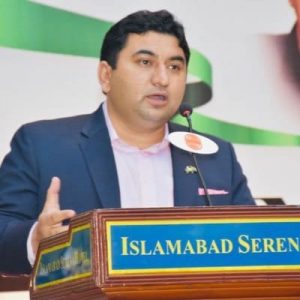

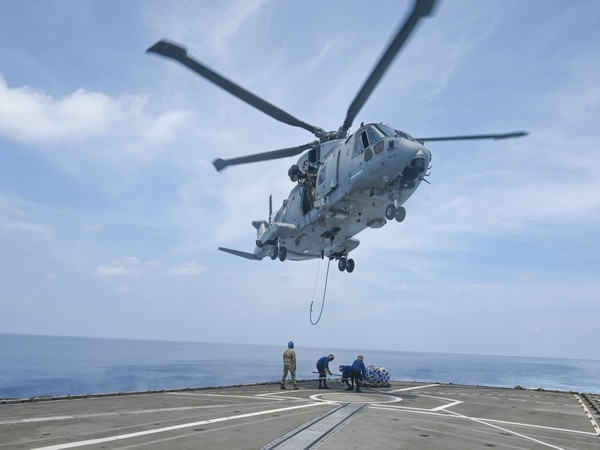
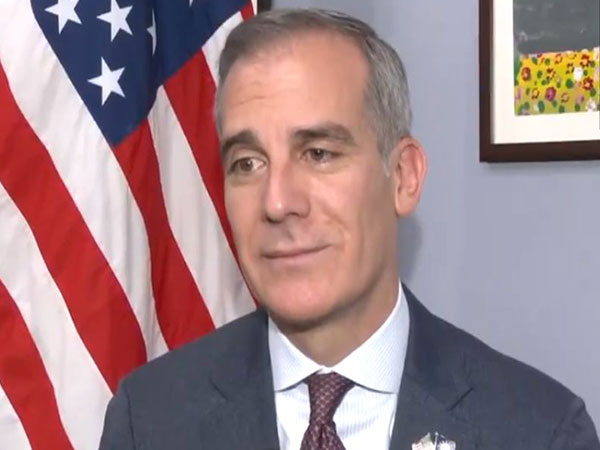
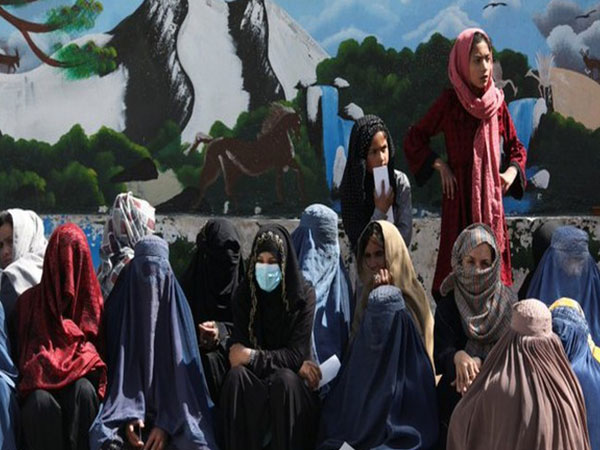
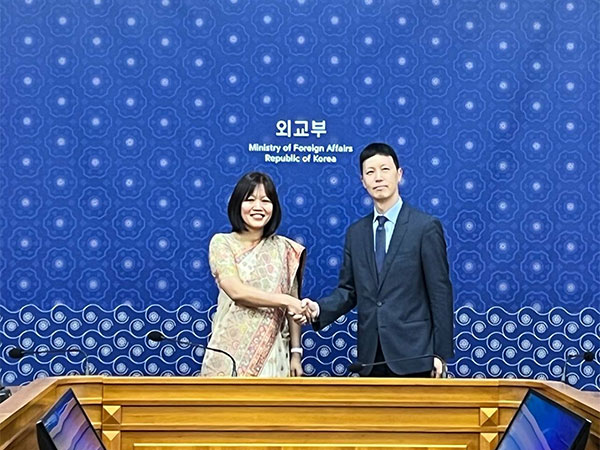
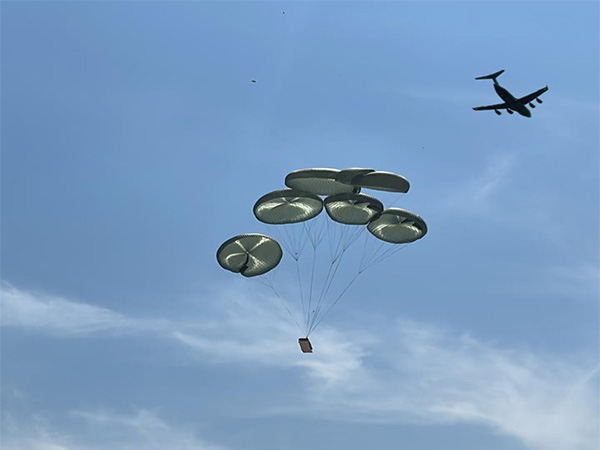
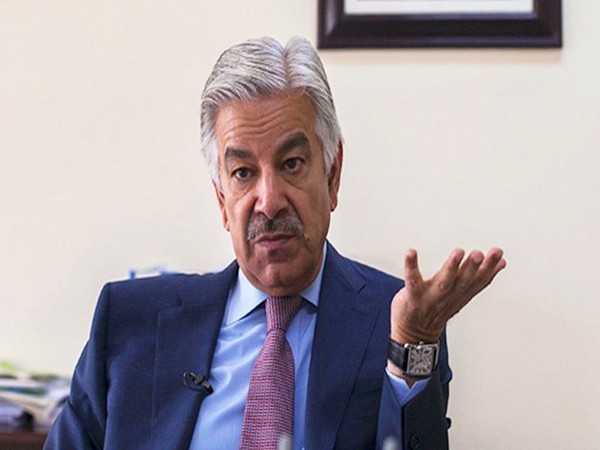
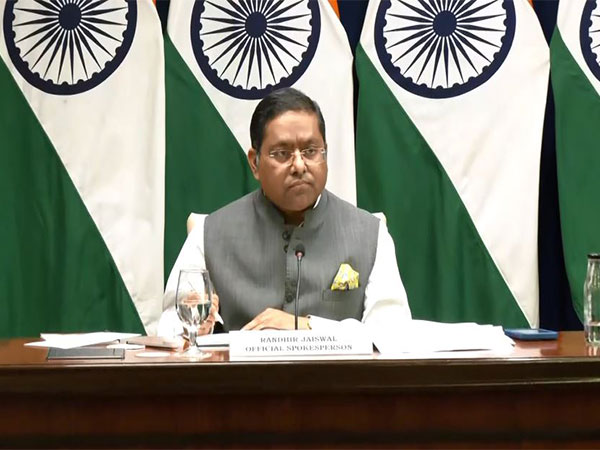
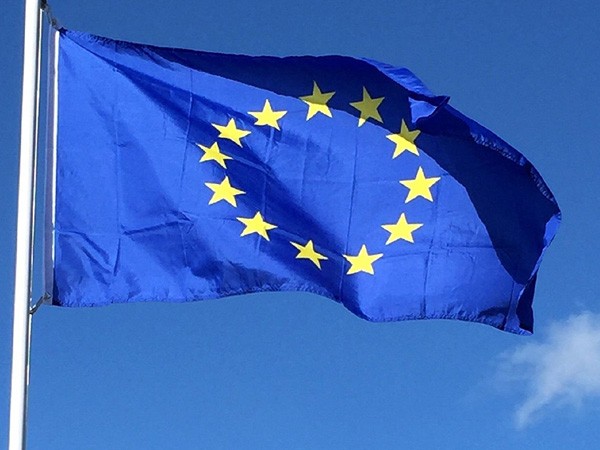

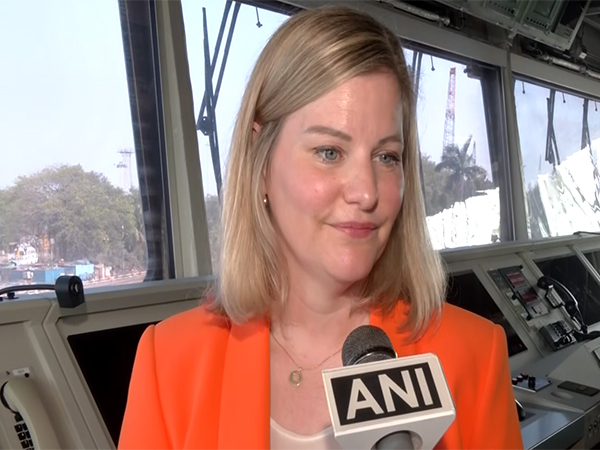






POST COMMENTS (0)